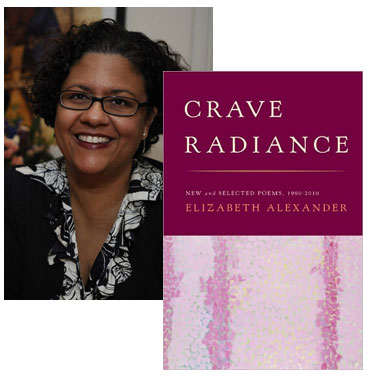Freakonomics & the Secret to Good Book Trailers
How do you adapt a nonfiction work like Freakonomics, which is essentially a book-length description of economic principles built around a series of illustrative set-pieces? Certainly, you’d want to interview Stephen J. Dubner and Steven D. Levitt, but the producers of the Freakonomics movie, which has been available on iTunes for a while now and is gradually making its way into theaters, also brought several directors into the mix to create four short films, each tackling a different section of the book. As I watched a preview screening a few weeks ago, I was reminded of a marketing principle I used to write about frequently at GalleyCat. “When is a book trailer not a book trailer?” I once asked. The answer: When it’s a human interest story.
(Note: I’m not using the film’s trailer as an example of this, but I wanted to have something for people who haven’t seen the film yet to look at, and you’ll catch glimpses of the things I discuss in the following paragraphs.)
The parts of the Freakonomics film that are most effective are the ones that ground Levitt and Dubner’s economic principles in compelling narratives: Alex Gibney (the director of Taxi to the Dark Side) probes the history of cheating in Japan’s top sumo wrestling leagues, while Heidi Ewing and Rachel Grady (Jesus Camp) follows two Chicago-area ninth-graders at a school participating in a study which financially rewarded students for getting good grades—a study that was not in the original book. Each filmmaking team finds people intimately connected to the situation (or who at least can speak very powerfully about it), turns the camera on, and lets them tell their stories. The Ewing-Grady segment is particularly effective because the directors impose themselves on the unfolding narrative even more lightly than Gibney does; he’s rolling out a solid investigative journalism piece, but they’re more fly on the wall.
4 October 2010 | theory |
Elizabeth Alexander, “The Texas Prophet”

I am the Texas Prophet who is now in Baltimore.
God blesses those that see me and I’m coming to your town.
I guarantee you without fail a straight and one-way blessing.
I come to bring you luck and by your popular demand.I’m bringing Mojo hands for those of you can’t win for losing.
All manner of disease is healed. Cash money falls like rain.
If I were you I would come early. He can’t stay all night.
Those who know me know I am no money-hungry Prophet.I am the Texas Prophet who is now in Baltimore.
I’m bringing good luck talismans and guarantee my work.
Keep looking up keep looking up His help is on the way.
Yours in spirit and in love The Prophet John C. Bates.
Crave Radiance collects twenty years’ worth of poems from Elizabeth Alexander, including “Praise Song for the Day,” which she read at the inauguration of President Barack Obama. Up until then, she was perhaps best known as the author of “The Venus Hottentot,” about which Ta-Nehisi Coates has written, “I’m embarrassed to say that I hated this poem when I first read it. But I was young and foolish. I knew better after I read it ten more times… This is, to my mind, one of the best meditation I’ve ever read on black women and the loss–and I guess reclamation–of control of their physical selves.”
The Academy of American Poets presents some other poems included in this collection: “Blues,” “Haircut,” and “Ladders.” Alexander’s own website also features poems from throughout her career.
1 October 2010 | poetry |

 Our Endless and Proper Work is my new book with Belt Publishing about starting (and sticking to) a productive writing practice.
Our Endless and Proper Work is my new book with Belt Publishing about starting (and sticking to) a productive writing practice. 
